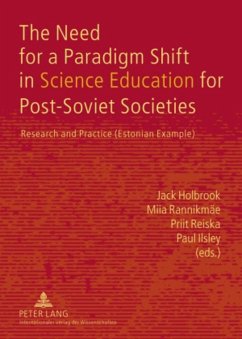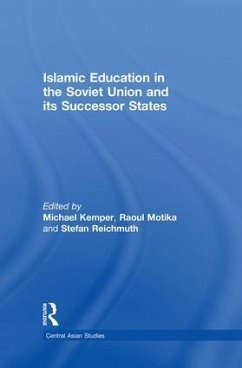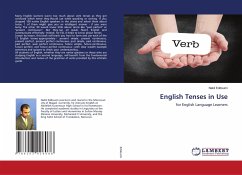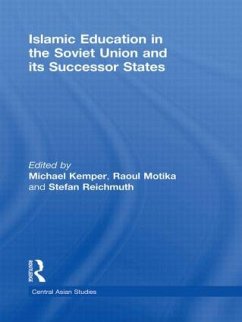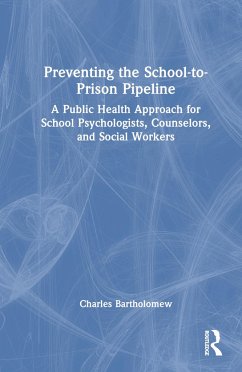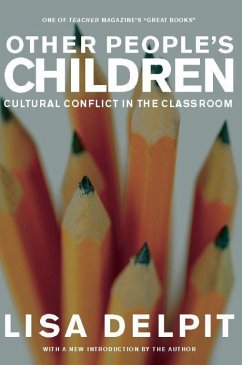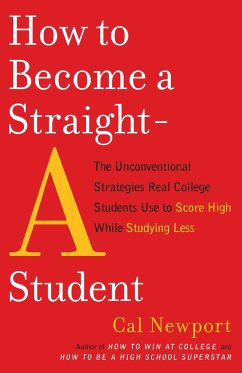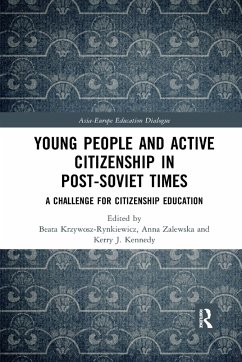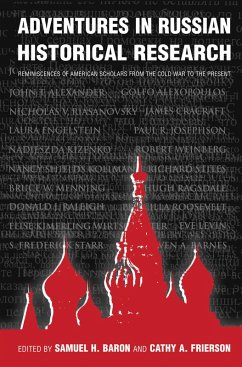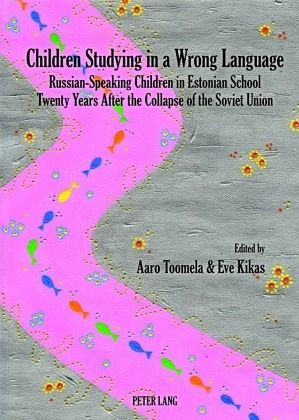
Children Studying in a Wrong Language
Russian-Speaking Children in Estonian School- Twenty Years After the Collapse of the Soviet Union
Herausgegeben: Toomela, Aaro; Kikas, Eve
Versandkostenfrei!
Versandfertig in 6-10 Tagen
60,50 €
inkl. MwSt.

PAYBACK Punkte
0 °P sammeln!
The Soviet Union collapsed more than 20 years ago, but the traces left in occupied countries by this monstrous system still affect the lives of millions of people. Under the glittering surface of newsworthy events that regularly appear in the mass media, there are many other wounds hard to heal. The system of education is one of the social structures that was fundamentally affected by Soviet power. Due to unique historical, demographic, and cultural reasons, the experiences of other countries providing education to non-native speaking students cannot be adopted in Estonia without first studyin...
The Soviet Union collapsed more than 20 years ago, but the traces left in occupied countries by this monstrous system still affect the lives of millions of people. Under the glittering surface of newsworthy events that regularly appear in the mass media, there are many other wounds hard to heal. The system of education is one of the social structures that was fundamentally affected by Soviet power. Due to unique historical, demographic, and cultural reasons, the experiences of other countries providing education to non-native speaking students cannot be adopted in Estonia without first studying the situation thoroughly. The Estonian Ministry of Education and Research launched the longitudinal study Non-Estonian Child in an Estonian-Language School, with the aim to understand how Estonian schools cope with an increasing number of non-Estonians studying in a second language. This book brings together some results of that study.



